.jpg)
Regenerating the wasteland
The person who made that miracle was Mr. Nguyen Van Hung, a farmer in Viet Khe commune. Recalling the early days of reclaiming the wasteland, Mr. Hung said: “At that time, many people shook their heads in dismay when passing through this field. My wife, children, and relatives all thought I was crazy and foolish. But I was determined to do it. From early morning to late afternoon, I struggled alone with the weeds. After clearing the reeds, the reeds were gone, and then larger plots gradually formed.”
From 14 hectares of abandoned land renovated in 2018, after 7 years, Mr. Hung's accumulated area has expanded to nearly 50 hectares. But for him, having land is only a necessary condition, the sufficient condition is to choose suitable crop varieties and apply technical advances for effective and sustainable production.
.png)
to serve production, reduce labor costs.
Passionate about technology, Mr. Hung did not hesitate to borrow money to invest in machinery and learn about modern farming methods. He also experimented with many new varieties, including sweet corn, a plant that once brought him great joy, but also left him with memorable failures.
“In 2019, I tried planting 5 hectares of sweet corn. This variety is suitable for Viet Khe soil, and if taken care of well, all the corn is plump and beautiful. Traders came to deposit to buy the whole field. Who would have thought that the Covid-19 pandemic would hit, the market would close, the goods could not be sold, and I had to dump everything. It was heartbreaking but I had to accept it,” Mr. Hung recalled.
That failure did not discourage him. Mr. Hung still persisted in working in the fields, keeping his word with the people who lent him the land. “If I gave up, all the effort I put into renovating the abandoned fields would be lost, and it would also affect my reputation. Therefore, I have to try harder,” Mr. Hung said.
From practice, Mr. Hung learned that farming cannot depend entirely on the weather, but must rely on technology to optimize production. He decided to invest nearly 2 billion VND to equip a synchronous machinery system, turning the "muddy" fields into "footless" fields.
Mastering technology
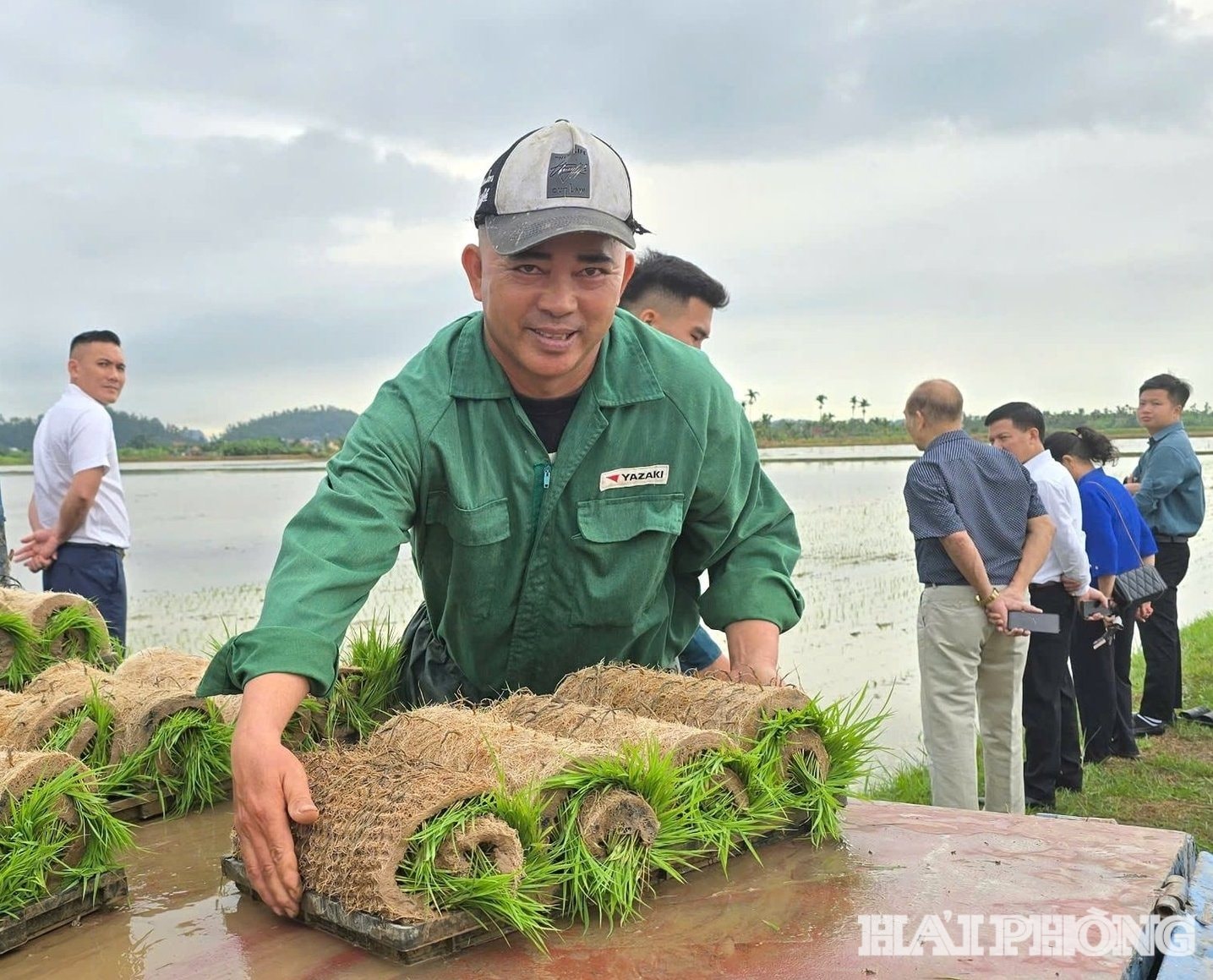
Referring to the "Technology Field", Mr. Hung enthusiastically introduced the "weapons" in his field: "The transplanter helps reduce labor by 70 - 80%, and the rice density is even. The harvester helps harvest quickly, reducing losses. Drones flying over the field spray pesticides, both saving money and protecting health. Thanks to the machine, labor costs are reduced by 35 - 50%, productivity increases by 10 - 15%. Most importantly, I am completely proactive, not worrying about the shortage of seasonal workers like before."
Not only stopping at mechanization, Mr. Hung is also one of the pioneer farmers in digital transformation of agriculture. Thanks to these bold steps, he was selected by the Hai Phong City Agricultural Extension Center to implement the project "DTALS precision technology field in rice production to reduce greenhouse gas emissions, associated with green growth".
He was supported with 40% of the cost of seeds and fertilizers and had access to the latest technologies such as laser leveling of fields, unmanned positioning transplanters, straw rolling machines, etc. All of these have turned Viet Khe field into an "open laboratory" for applying technology in agriculture.
According to Mr. Vu Thanh Quang, Head of the Economic Department of Viet Khe Commune, thanks to the machines, Mr. Hung only needs more than a dozen workers to cultivate nearly 50 hectares well. In the context of increasingly scarce labor and increasing demands for productivity and quality, this model needs to be replicated.
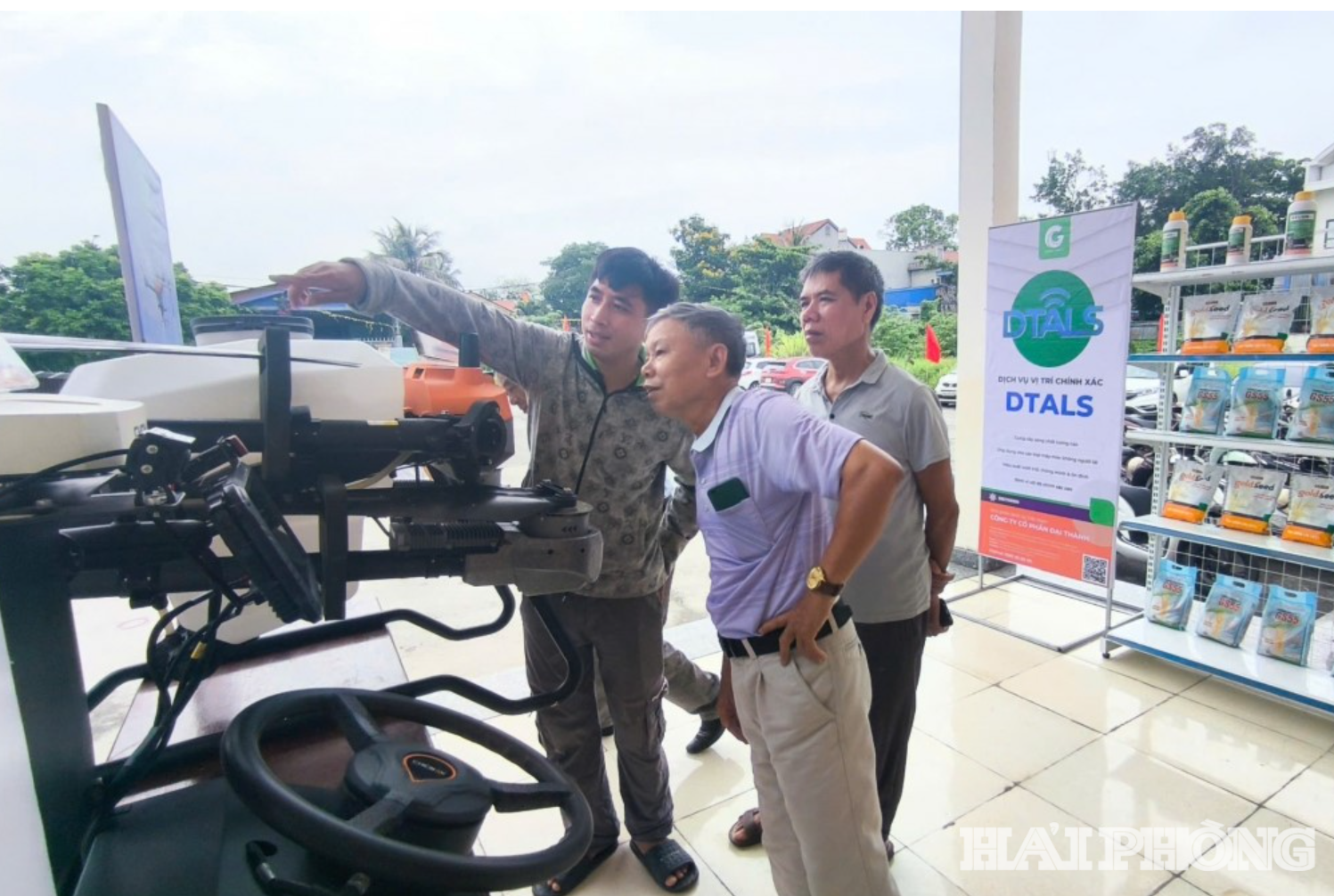
Initial results from the “technology field” in Viet Khe are very positive. According to the Department of Agriculture and Environment, the model helps reduce 30-40% of labor, save 30-40% of fertilizer and pesticide costs, and increase productivity by 5-10% compared to traditional methods. In particular, greenhouse gas emissions are reduced by 20-30%, contributing to environmental protection and in line with the city's green growth goals.
Ms. Cao Thanh Huyen, Deputy Director of the Agricultural Extension Center, emphasized that in the context of complex climate change, agriculture is forced to innovate. The “technology field” model in Viet Khe proves that farmers can completely adapt effectively to the weather, reduce risks, and at the same time move towards smart and sustainable agriculture. From the initial results, in the coming time, we will continue to expand to many “large-scale” households, contributing to realizing the green development goal of Hai Phong.
HAI MINHSource: https://baohaiphong.vn/tu-dat-hoang-thanh-canh-dong-cong-nghe-o-viet-khe-519194.html



![[Photo] Prime Minister Pham Minh Chinh receives CEO of Samsung Electronics](https://vphoto.vietnam.vn/thumb/1200x675/vietnam/resource/IMAGE/2025/8/26/373f5db99f704e6eb1321c787485c3c2)
![[Photo] Brilliant red of the exhibition 95 years of the Party Flag lighting the way before the opening](https://vphoto.vietnam.vn/thumb/1200x675/vietnam/resource/IMAGE/2025/8/27/e19d957d17f649648ca14ce6cc4d8dd4)

![[Photo] Prime Minister Pham Minh Chinh chairs meeting of National Steering Committee on International Integration](https://vphoto.vietnam.vn/thumb/1200x675/vietnam/resource/IMAGE/2025/8/26/9d34a506f9fb42ac90a48179fc89abb3)
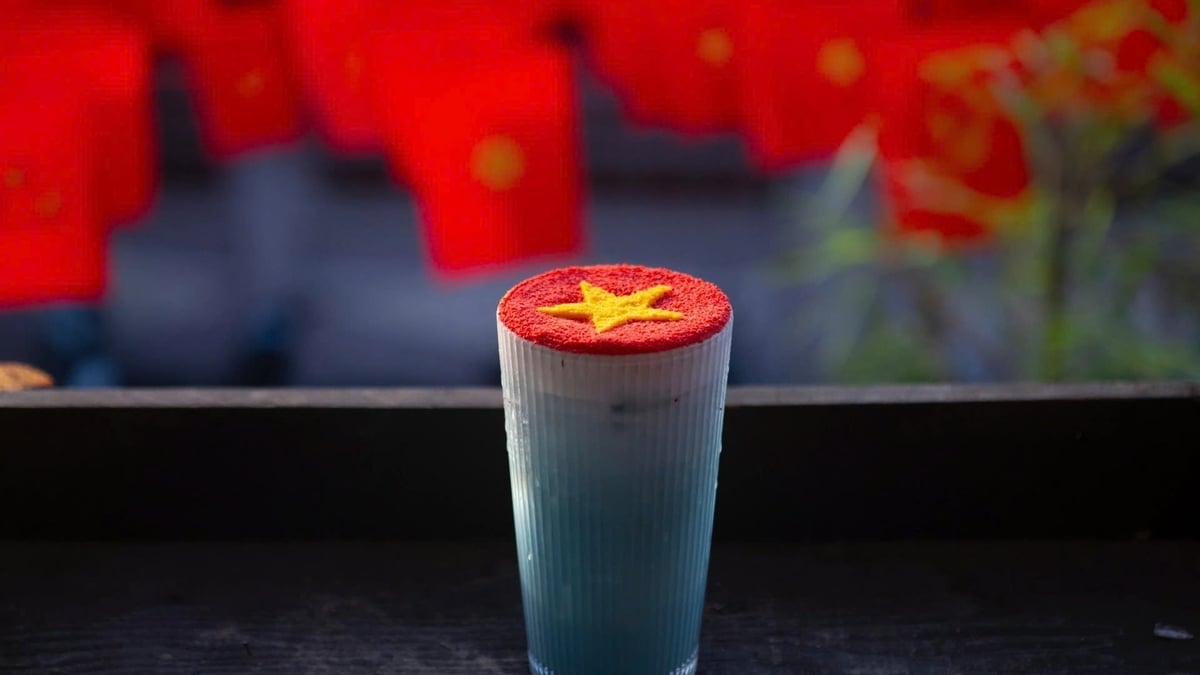
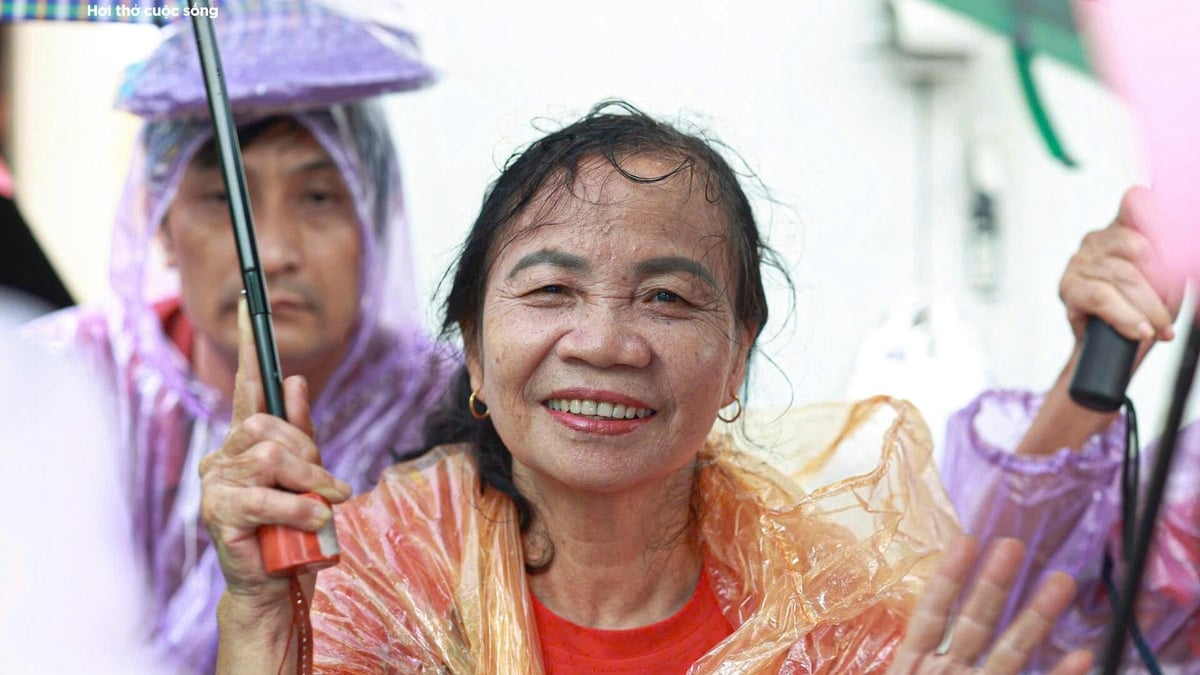
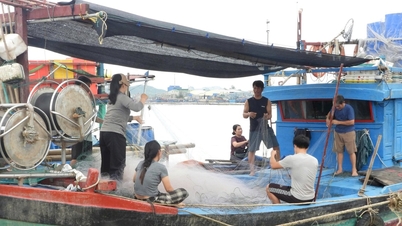

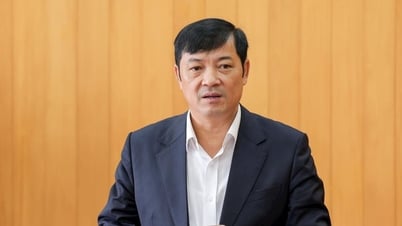

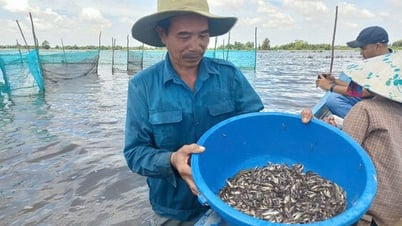

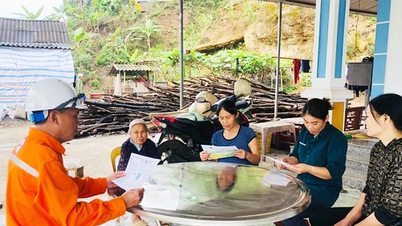

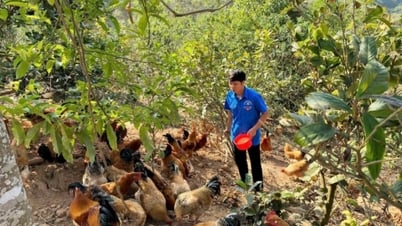







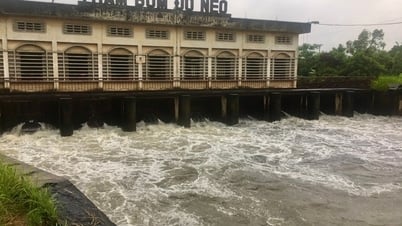
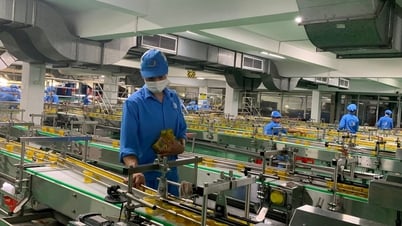
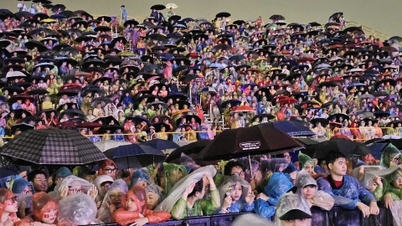
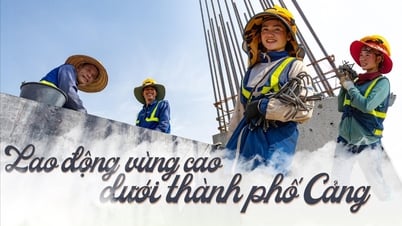

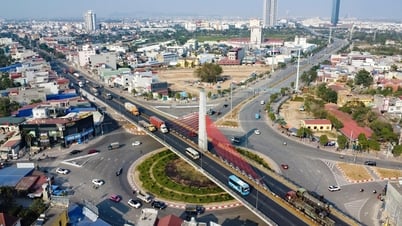































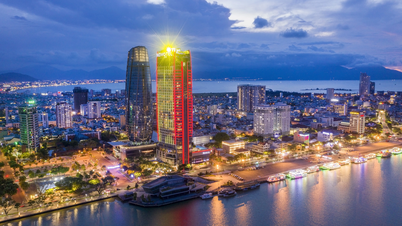

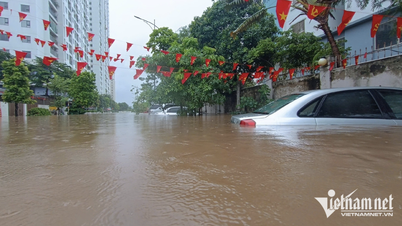
![[Photo] General Secretary To Lam attends Meeting with generations of National Assembly deputies](https://vphoto.vietnam.vn/thumb/402x226/vietnam/resource/IMAGE/2025/8/27/a79fc06e4aa744c9a4b7fa7dfef8a266)
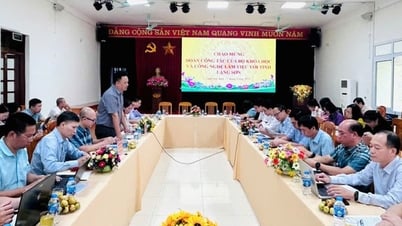



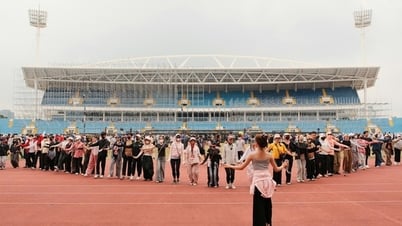
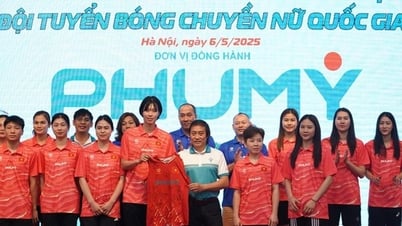

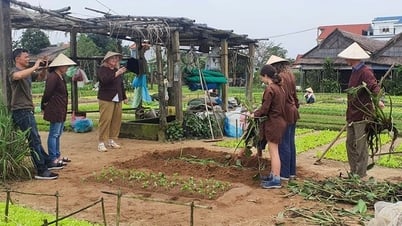
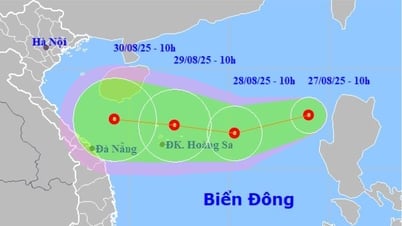
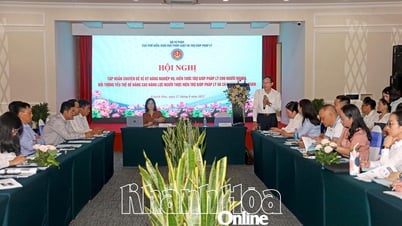

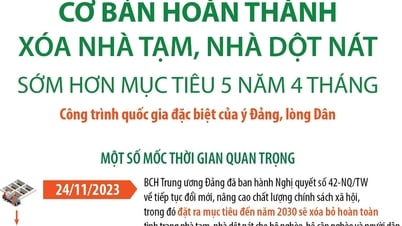

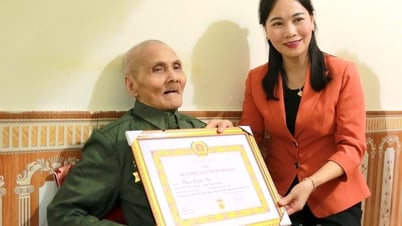

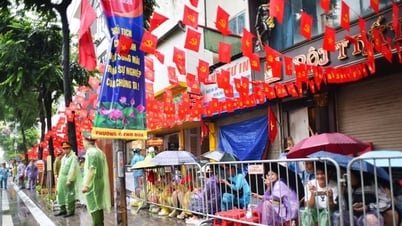












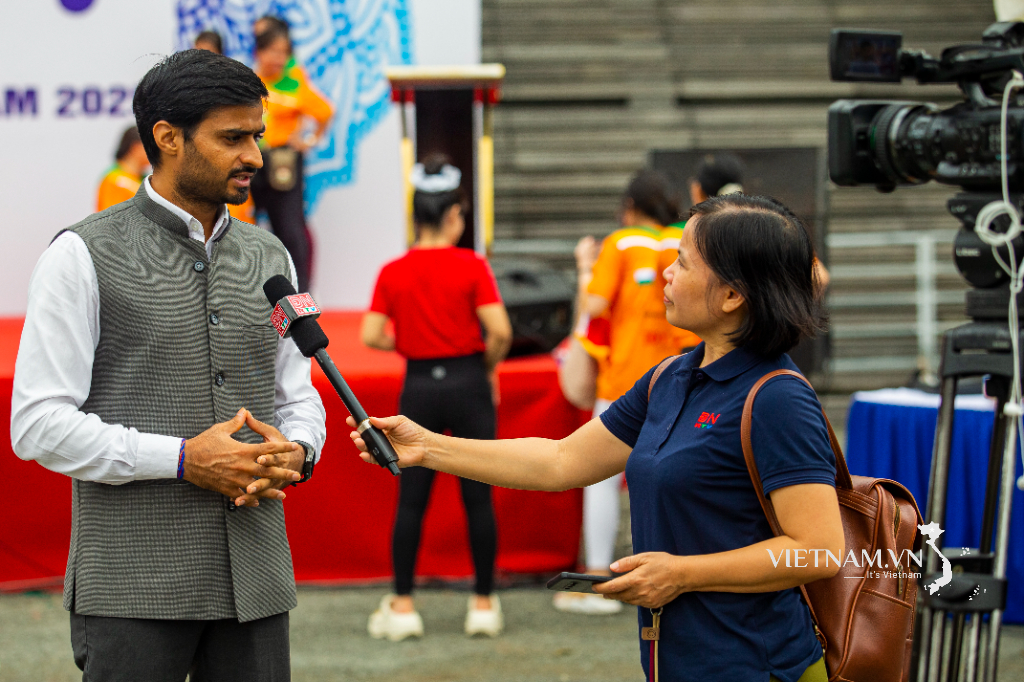

Comment (0)